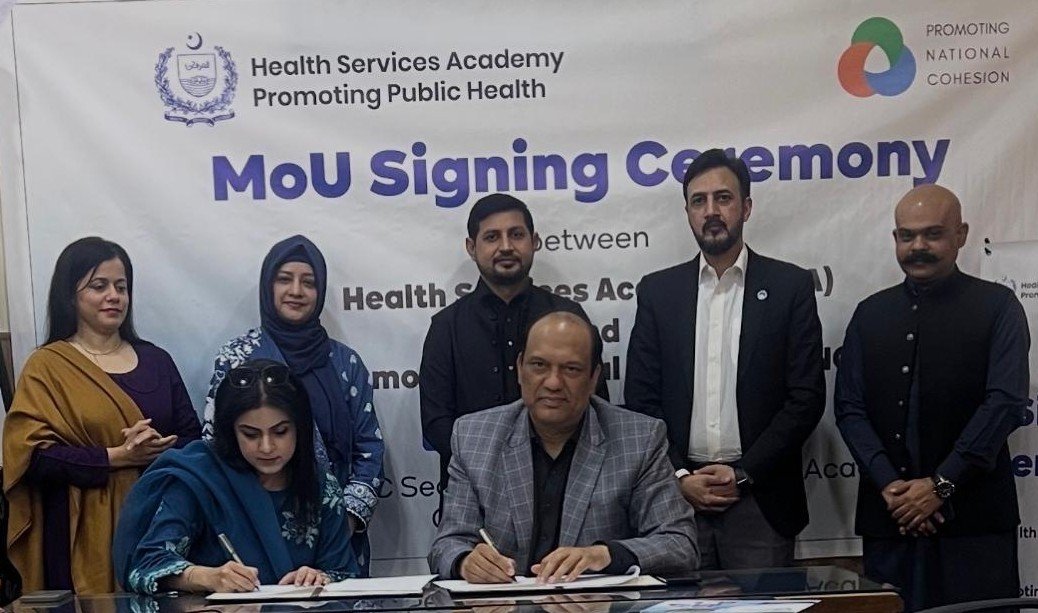The Pakistan Standards and Quality Control Authority (PSQCA) has issued a serious health warning after identifying over 20 bottled water brands in the country that are unsafe for human consumption. This alarming revelation came from the PSQCA’s quarterly water quality report, which is aimed at ensuring compliance with the standards set for safe drinking water in Pakistan.
In a comprehensive quality inspection conducted across various cities, PSQCA analyzed 187 samples of mineral and bottled water brands. Shockingly, 21 brands failed to meet the required chemical and microbiological standards, rendering them hazardous to human health.
What the Report Reveals
The brands were tested for contamination by chemicals like arsenic, sodium, potassium, and total dissolved solids (TDS), in addition to microbiological safety. Some samples were found to have excessive levels of arsenic, while others tested positive for bacterial contamination, both of which can cause severe health issues such as gastrointestinal infections, liver damage, and even cancer.
The authority has urged consumers to stop using these brands immediately and instead opt for PSQCA-approved water companies that regularly undergo testing and certification.
List of Unsafe Bottled Water Brands
According to the PSQCA’s public notice, the following brands were found unsafe:
- Aqua King
- Aqua Supreme
- Crystal Clear
- Aab-e-Noor
- Pure Nature
- Aqua Gold
- Aqua Best
- Aqua Safe
- Blue Ice
- Blue Line
- Mineral Classic
- Aqua Life
- Aqua Fresh
- Aqua One
- Aqua Guard
- Aqua Ultra
- Oska
- Sea Breeze
- New Nation
- Aqua White
- Aqua Drop
These brands are being sold in major cities including Karachi, Lahore, Islamabad, Peshawar, and Quetta, increasing the level of risk to the general public.
Health Risks Associated
PSQCA experts warn that the contaminated water can lead to long-term health conditions such as:
- Hepatitis A and E
- Cholera and Typhoid
- Renal and Liver disorders
- Neurological issues due to arsenic poisoning
Testing Protocols and Methodology
The PSQCA collected samples directly from markets, shops, and roadside vendors. Each brand underwent detailed physicochemical and microbiological testing, benchmarked against Pakistan’s Bottled Water Quality Standard (PS: 2102/2018).
Any brand failing to comply with arsenic limits (set at 10 ppb), total dissolved solids (less than 500 ppm), or microbial presence was declared unfit.
Regulatory Action and Enforcement
Authorities have issued notices to manufacturers of these unsafe brands and warned of strict legal action, including sealing production units and imposing fines. Repeat violators could also face licensing suspensions or criminal proceedings under food safety laws.
The PSQCA spokesperson emphasized that routine monitoring will continue and the public will be updated through official channels. “Public safety is our top priority, and we will not compromise on quality standards,” he added.
What You Can Do as a Consumer
Consumers are advised to:
- Check for PSQCA certification marks on the label.
- Avoid water brands sold without proper packaging or batch numbers.
- Store bottled water away from sunlight and heat.
- Report suspicious or unregistered brands to local authorities or PSQCA’s complaint cell.
The Bigger Picture: Water Safety in Pakistan
Pakistan has long battled challenges related to clean water availability. With tap water deemed unsafe in many urban and rural areas, millions rely on bottled water. However, the lack of consistent oversight has allowed substandard manufacturers to exploit public trust.
According to the Pakistan Council of Research in Water Resources (PCRWR), nearly 60% of bottled water brands in the country at some point in the past 5 years have violated safety guidelines.
READ MORE: Punjab Bans Mobile Phone Use by Medical Staff During Duty Hours
This latest report underlines the urgent need for:
- Stricter enforcement of quality standards
- Increased transparency in testing
- Public awareness on safe drinking water choices
The PSQCA’s action is a wake-up call for both consumers and authorities. While bottled water is seen as a safer alternative, blind trust can be dangerous. Always choose certified brands, read labels carefully, and stay informed. For the latest updates on product safety, visit FactFile.pk — your trusted source for verified consumer alerts and health news.





